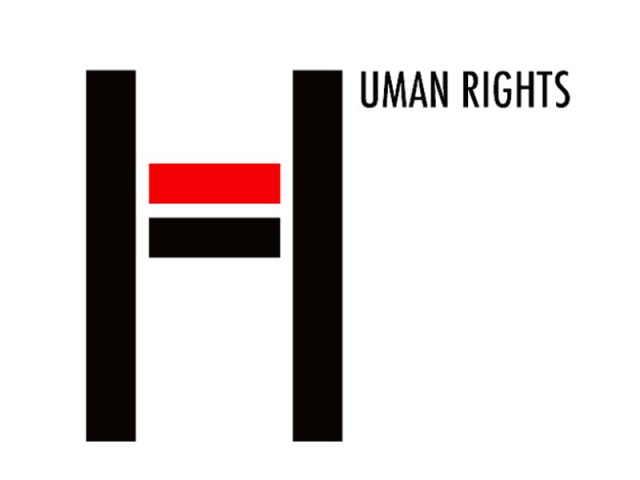‘Get up, stand up’: Participants say laws exist, but not being implemented
Concerns voiced in seminars across province.

The United Nations International Human Rights Day was observed on Monday with participants in various seminars enthusiastically voicing concerns over the implementation of relevant laws in the country.
The consensus of participants at a seminar held at the University of Peshawar was that while the Constitution had all the clauses regarding basic human rights, the laws were not being adhered to.
Students of the varsity discussed and debated the effectiveness of human rights in Pakistan. Some also argued that the UN Declaration of Human Rights is a secular understanding of the concept, which is sometimes contradictory to Islamic Shariah.
Giving the example of US drone strikes, students discussed the importance of international and foreign agents respecting the sovereignty of Pakistan, particularly when such breaches are a violation of human rights.
A student of international relations (IR), Abdullah Tariq said that Article 8 to 28 of the Constitution of Pakistan contains all the clauses necessary to protect human rights of its citizens.
“There are about 12,000 registered NGOs in the country working to protect these rights and new laws are being introduced from time to time,” he added. However, Pakistan is not focusing on the implementation of these laws, making citizens vulnerable to human rights abuses, he said.
The issue of missing persons was also highlighted. Students stressed that every individual deserves a fair trial and cannot be detained illegally.
Deliberating on racial and gender discrimination, students said the state was responsible for ensuring no such bias exists.

Dean of Faculty of Numerical and Physical Sciences, Professor Dr Muhammad Riaz, was the chief guest. Addressing the students, he said those privileged enough to attend the university were among the 2% of the 180 million people of Pakistan that have had the chance to acquire higher education.
He urged students to make the most of the opportunity by working to promote human rights in the country.
Chairman of the IR Department, Professor Dr Adnan Sarwar maintained that the world’s great powers frequently violate human rights laws.
In another seminar, speakers focused on the violation of human rights in the Federally Administered Tribal Areas (Fata) and women’s rights in Khyber-Pakhtunkhwa.
They said the people of Fata were subjected to laws from colonial times and had no rights of appeal in upper courts.
President of the Fata Lawyers Forum, Ejaz Mohmand said the region had no tribunal or justice system whereby innocent people could appeal against verdicts of political agents.

Advocate Samiullah Afridi criticised the governance system and said human rights could only be ensured if the current de facto system is abolished.
Social rights activist Nusrat Bibi said the 16 days of activism for violence against women was just observed in K-P, but expressed concern over the implementation of policies compiled in its wake.
“Poor people have no access to education or health facilities,” she said. “Provision of human rights would mean they are provided with basic healthcare, education and other vital needs of life.”
Chairman of the Strengthen Participator Organisation, Arshad Haroon said teaching basic human rights needs to be part of the school curriculum.
A walk for the cause was also organised by the Human Rights Awareness organisation in Haripur. Activists, teachers, lawyers and school children participated in the event.
Published in The Express Tribune, December 11th, 2012.













COMMENTS
Comments are moderated and generally will be posted if they are on-topic and not abusive.
For more information, please see our Comments FAQ